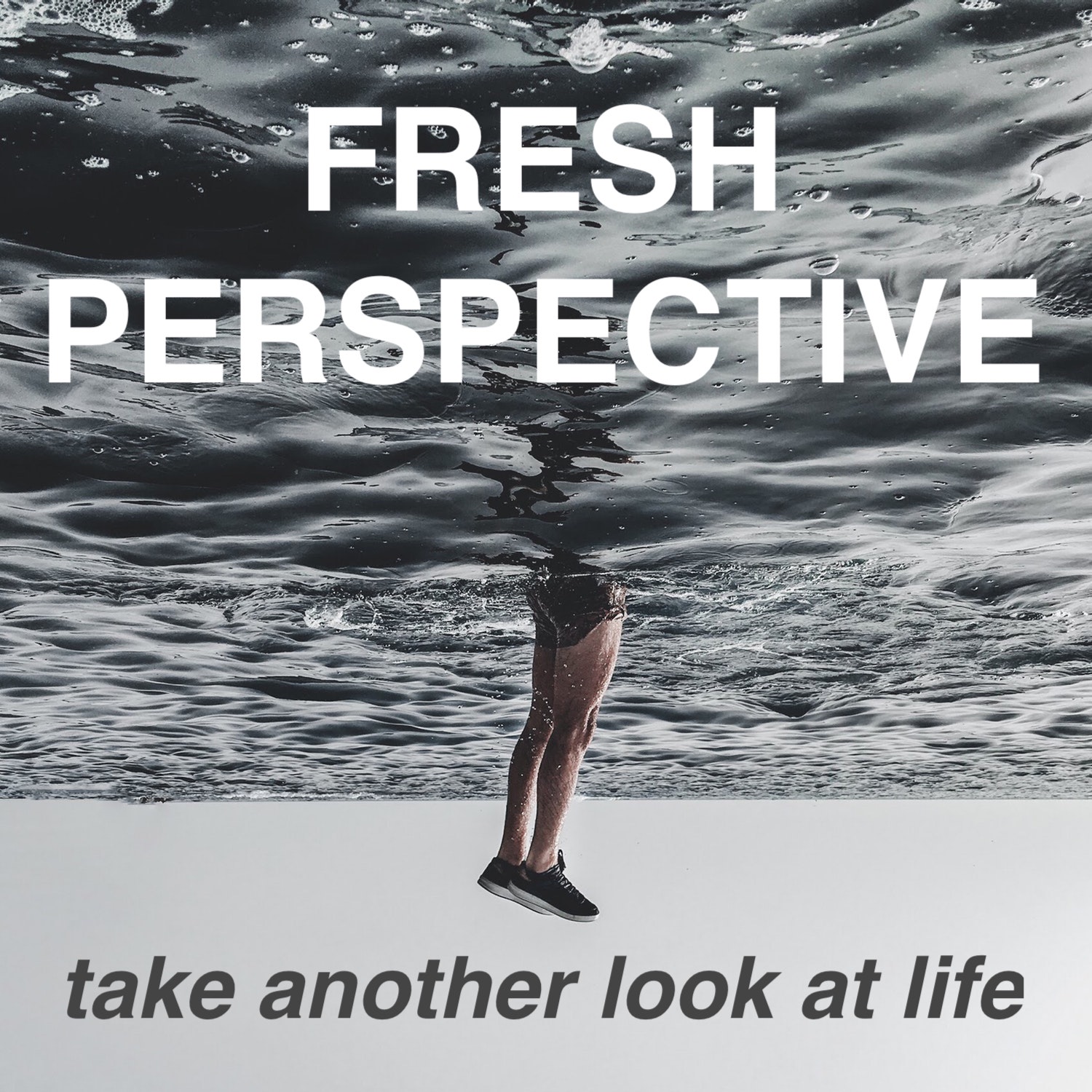Episodes

Monday Aug 19, 2019
Why the Pain? #3 Don't face your fear...Transcend it.
Monday Aug 19, 2019
Monday Aug 19, 2019
🇿🇦 SAFFA-EXCLUSIVE OFFER 🇿🇦 If you're a South African anywhere in the world, get free courses on personal development and relationships as well as access to community-exclusive webinars and events. ➡️ Click here to join or find out more.
— — —
Have you ever had a fight with your spouse and afterwards felt bad about some of the things you said and the way you acted? And thinking about it for a while you thought that maybe you should go and apologise but you didn’t, because every time you thought about apologizing you felt anxious. Then you justify not talking to your spouse because you got angry all over again. The real reason you're not having that conversation is fear and more specifically it's the fear of rejection. You're afraid that you'll be vulnerable and apologize and then your partner will still be angry or not accept your apology. That will make you feel rejected or even abandoned.
So how do we deal with that fear so we can have those conversations?
Maybe you've guessed already but this is all part of dealing with Slow Pain. I asked you last week if you are avoiding pain by avoiding important conversations and this is what I meant. If you think about having that conversation you are using your imagination. You imagine the worst outcome. You create that outcome in your mind and based on that image that you see you avoid the conversation. What I want you to try and do is imagine that worst-case scenario in more detail. Think about exactly what will happen AND THEN imagine how you can still act in a compassionate way, how you can still have empathy with your spouse and listen and pay attention to what they are saying.
Doing this will equip your mind to deal with that situation and if you imagine it repeatedly you also deal with that fear of rejection, because you help your mind get used to that feeling and showing it different ways to deal with it by seeing different ways that you act and react to your partner's response to your apology.
What then will we say about Grow Pain? Because grow pain has to do with our goals and dreams the fear will be the fear of failure. We’ll try something or we'll create something and “it won't work”, “no one will like it” and that stops us from actually achieving those goals because if we fail we will feel embarrassed. It might even go deeper than embarrassment. Failure, you fear, will actually confirm that you are not good enough, that you don't have what it takes. So instead of trying to achieve your goals and dreams, you avoid them.
You can use the same imagination that you used to create that picture of failure to change your response. You can imagine how you act if you fail - what will you do? How will you fix the things that got broken in the process? How can you learn from the failure? You can imagine all of this too. If you do, you actually prepare your mind more and more to go for that goal, to try and achieve it because you are showing it different scenarios that you can explore.
The fear will also diminish because you're exposing yourself to that fear over and over again and that way it becomes less scary. It is really important to imagine it in detail because most of the times the image that we see when we imagine the rejection or the failures is just a quick image of what might happen and then we go immediately to the fight-or-flight mode. We get angry and withdrawal or we use out anger to actually push our partners away. You have to get into the detail of both the scenario AND exactly what will happen if that rejection or that failure realise.
When you imagine your response you also have to give it a lot of detail. Clearly see your response. How will you react in that situation? What will you do? This helps you heal or grow, because you are rehearsing a new way of being in your mind before you start doing it physically.
Let me share one more thing about slow pain and grow pain and the fears involved. Maybe you already realise this, but psychologists will mostly deal with slow pain because it is about healing the wounds from the past. Wounds can cause arrested development because if you are not taking action due to your avoidance of pain and fear then it causes you to be stuck in a certain area of your life. That area isn't developing -this is why it is called arrested development. Psychologists help us find ways to deal with the past to imagine new ways of behaving, imagine a new reaction.
On the other hand life coaches usually deal with grow pain and the fears involved in that. They help us to see what we believe that limits us. Help us perfect goals that are more realistic and can help us gradually get to where we want to be. To achieve what we want to achieve.
So I want you to try and be your own psychologist and life coach by using only your imagination. Write down the details. Ask yourself these questions:
What will happen in the worst-case scenario and how I like to respond even if that happens?
If I fell short of my goal how would I want to respond? If I can fix it, what might I learn from it?
If you go through these images and think about what you want to be able to do despite the worst outcome you are already learning. So you don't even have to go through the experience before you learn - you are learning, healing and growing already. And that equips you to even better deal with the worst-case scenario, to even better facilitate that conversation with your spouse or equip you to go for that goal in a more determined and confident way.


No comments yet. Be the first to say something!